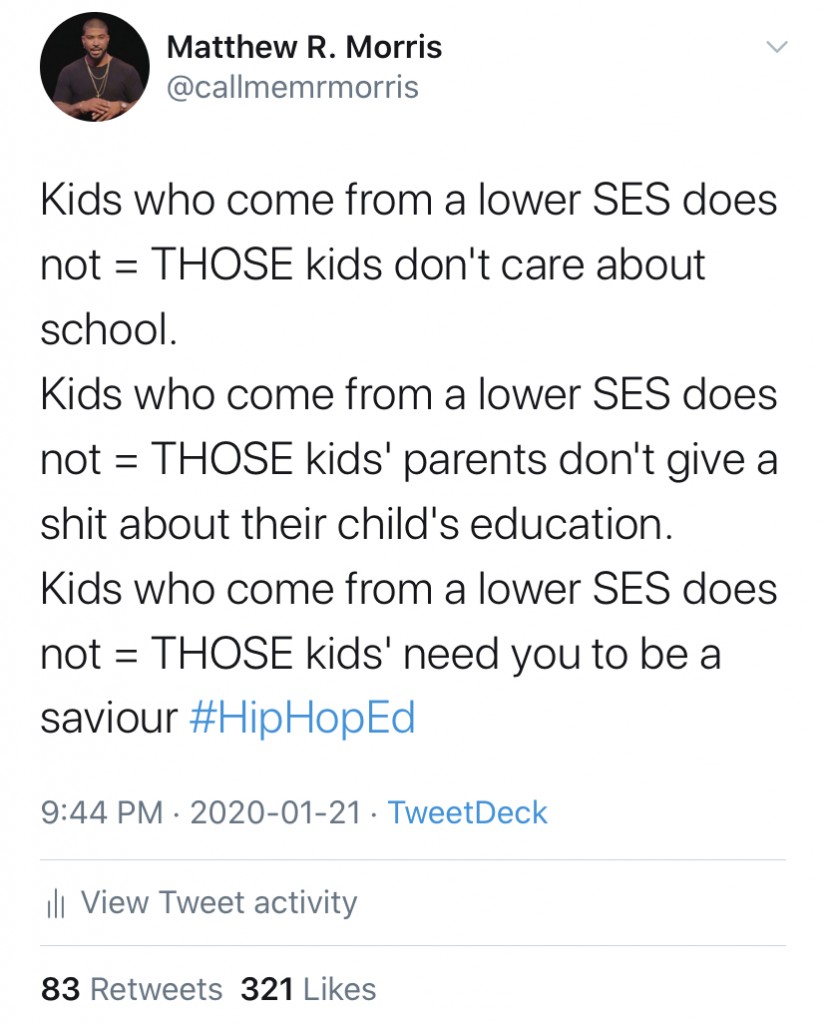At work, I have been told that I am a “stir stick”. Meaning that I am one inclined to stir things up. This is one of the less impressive remarks that colleagues have told me but also a descriptor I have no problem with, largely because it is true. I do like to stir the pot. Whether it is getting involved in relatively inconsequential workplace politics by festering up discomfort in the staffroom through things like questioning why someone wasn’t included on an email or bothering my colleagues about more pressing matters concerning education, I always seem to be in the middle of the brouhaha. When you’re comfortable in your job, sometimes you find other ways to entertain yourself. Messing with people is my entertainment. But every now and then I’ll get serious with how and who I pick to “stir”.
Last week, school was shut down due to the ongoing labour negotiations with the government, and we teachers had to hold signs in the freezing cold and walk up and down the sidewalks, for hours, in front of our school. I suggested to my colleagues that we walk down the block to another school. Get some fresh air, talk to some new faces, kill some more time. Everyone agreed and we marched on.
Striking conversation with these folks was easy because they were one of our “feeder schools”. Meaning, after kids matriculated from their school, the majority of them came to ours. So we were able to quickly get through the smaller talk of the weather and get to the small talk: convos about particular students that they once, and we now, have. After a while of small talk, I felt the need to talk talk. The school these teachers teach at is infamously known as a “bad school”; known for its poor kids and poorer test scores. So I asked a few of them, “what is the difference between your school and the other one down the block?” alluding to another school that also feeds into ours. I know that these teachers had never taken the eight to ten minute walk up the street to visit this other school, because if they did, they wouldn’t have answered me the way they did. Their responses didn’t shake me. In fact, I expected them. Being outside gave credence and relativity to their assumptions. “No offence, but these kids come from here,” pointing to the buildings that surrounded us. As if living in an apartment building equated to a morphed sense of academic retardation. Another one commented, “I tell a kid I’m calling home and his response is, ‘good luck, my mother’s phone number is out of service”. No follow up. Teacher doesn’t even say that she tried. Just listening to the kid lie without realizing that in 2020 there ain’t no adult walking around without a phone that is not capable of receiving communication to some extent. They talked about different things, but it was all the same. Pure perception, no reality.
I couldn’t even be bothered to “stir” these teachers that I had just met. Instead, I was hit with a profound reality. That is, that when poverty intersects with schooling, it is not the poverty that is the most fundamental obstacle. Rather, it is teachers’ perceptions of what poverty supposedly means. Sure, these kids come from impoverished neighbourhoods, but that doesn’t mean that they don’t care about school, or that their parents don’t care about their child’s education, or that you need to be their saviour. All it means is that you need to pay a little more attention to the situation and the context surrounding you. Perception is not always ultimate reality. This poverty mindset is the true disconnect between impoverished students and teachers.
[share title=”Share this Post” facebook=”true” twitter=”true” google_plus=”true”]

